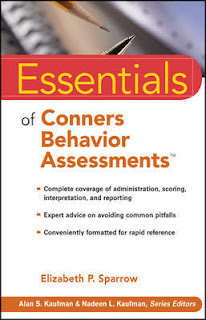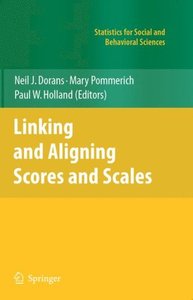Andrew R. Getzfeld | Wiley | 2006 | 288 pages | ISBN-10: 0471656232 | PDF | 1.77 Mb
Essentials of Abnormal Psychology provides students and professionals with a concise overview of the major topics in abnormal psychology as well as chapters on the leading categories of disorders such as eating disorders, schizophrenic disorders, personality disorders, and substance-related disorders. This book utilizes the popular Essentials format and makes a perfect companion to primary texts on the topic or a useful study guide.
As part of the Essentials of Behavioral Science series, this book provides information mental health professionals need to practice knowledgably, efficiently, and ethically in today's behavioral healthcare environment. Each concise chapter features numerous callout boxes highlighting key concepts, bulleted points, and extensive illustrative material, as well as "Test Yourself" questions that help you gauge and reinforce your grasp of the information covered.
Condensing the wide-ranging topics of the field into a concise, accessible format for handy and quick-reference, Essentials of Abnormal Psychology is an invaluable tool for learning as well as a convenient reference for established mental health professionals.


















